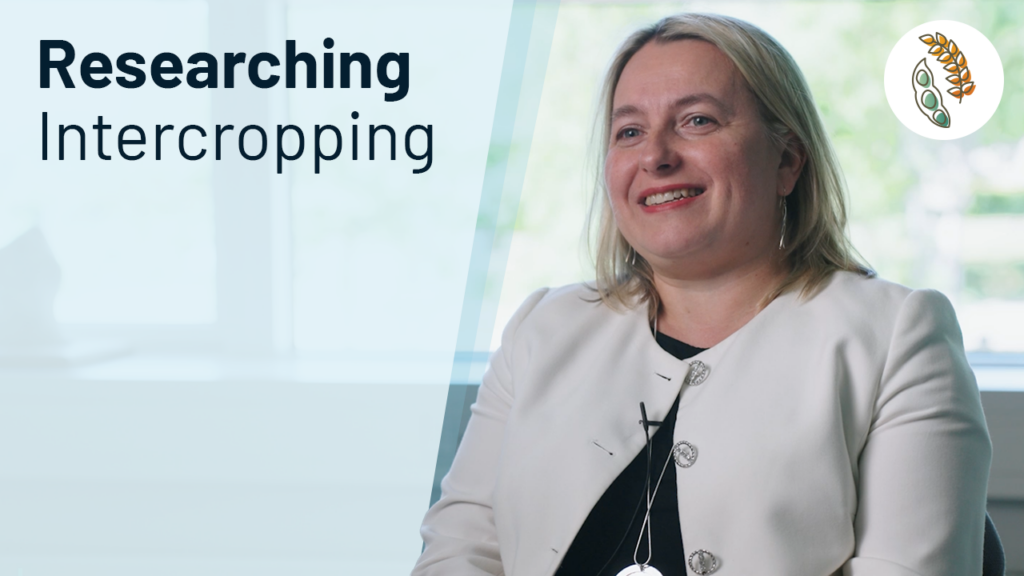Healthy soils are the cornerstone of sustainable agriculture. LEGUMINOSE is dedicated to preserving and enhancing soil health through legume-cereal intercropping. In this interview, Magdalena Frąc, a leading agricultural scientist and member of Team LEGUMINOSE, discusses the benefits of intercropping and the exciting challenges of a large-scale research project.
The interview has been edited for length and clarity.
What is the LEGUMINOSE project about?
The project is about legume-cereal intercropping to make European agriculture more sustainable. Legumes can help farmers, for example, to improve soil health, soil quality, soil structure, and also to reduce nitrogen fertilisation.
What are the main challenges in LEGUMINOSE?
In this project, we have three long-term research field trials located in Poland, Czech Republic, and Denmark. We also have four newly designed research field experiments in Italy, Germany, the UK, and Spain. Carrying out the research, combining, coordinating, and organizing everything is an exciting challenge.
What is your vision for agriculture in 2050?
Hopefully, agriculture will be more sustainable, more organic, and healthier for people.
Curious to learn more about intercropping?
